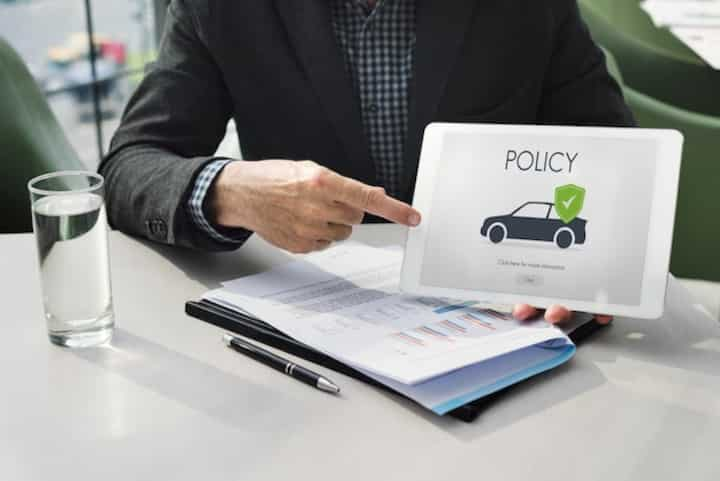
Finding Non Owner SR22 Insurance Near Me A Comprehensive Overview
When it comes to understanding the intricacies of insurance, the concept of SR22 insurance often stands out due to its complexity and necessity for specific drivers. For those who do not own a vehicle but are required to carry SR22 insurance, finding non-owner SR22 insurance can be a daunting task. This article aims to provide a comprehensive overview of non-owner SR22 insurance, including what it is, who needs it, and how to find it locally.
What is Non-Owner SR22 Insurance?
Non-owner SR22 insurance is a type of coverage designed for individuals who need to maintain proof of financial responsibility but do not own a vehicle. Typically, this insurance is required following certain driving offenses, such as DUI or driving without insurance. It acts as a secondary insurance policy that provides liability coverage when the individual drives a vehicle they do not own.
- Provides liability coverage for drivers who occasionally drive vehicles they do not own.
- Required in cases where a driver needs to demonstrate financial responsibility after traffic violations.
- Typically does not cover the vehicle being driven, only the driver's liability.
Who Needs Non-Owner SR22 Insurance?
Non-owner SR22 insurance is not required for all drivers. It is specifically needed by individuals who have faced certain traffic-related offenses. These offenses can vary by state, but generally include:
- Driving under the influence (DUI) or driving while intoxicated (DWI).
- Being involved in an accident without insurance coverage.
- Accumulating multiple traffic violations in a short period.
For further details on the offenses that might necessitate SR22 insurance, read more about this topic.
How to Find Non-Owner SR22 Insurance Near You
Start with Local Insurance Providers
When searching for non-owner SR22 insurance, it is advisable to begin with local insurance providers. These companies often have a better understanding of the state-specific requirements and can offer tailored advice and policies.
- Contact multiple local insurance agents to compare quotes.
- Ensure the provider offers SR22 filings for non-owners.
Utilize Online Resources
In today's digital age, numerous online platforms can assist in finding the right SR22 insurance. These platforms can compare policies and provide quotes from various insurers, helping you make an informed decision.
- Visit insurance comparison websites to evaluate different options.
- Check for online reviews and ratings of the insurers.
To understand more about how online resources can aid in this process, learn more in this detailed guide.
Consider State Insurance Departments
Each state has an insurance department that can offer guidance on SR22 insurance requirements. They can provide a list of licensed insurers in your area, ensuring you find a legitimate provider.
- Visit your state's insurance department website for resources.
- Consult their consumer help sections for advice on SR22 filings.
For a deeper dive into how state departments can assist, explore further insights here.
Understanding the Costs of Non-Owner SR22 Insurance
The cost of non-owner SR22 insurance can vary significantly based on several factors, including the state you reside in, your driving record, and the insurance provider. Generally, it is more affordable than standard SR22 insurance since it does not cover any owned vehicles. However, it is crucial to be aware of the following:
- Premiums might be higher due to the associated risk of past violations.
- Additional fees for the SR22 filing may apply.
To assess the potential costs associated with SR22 insurance, find additional information here.
Conclusion
Navigating the realm of non-owner SR22 insurance can be complex, but with the right information and resources, it becomes manageable. Understanding your requirements, exploring local and online resources, and consulting state insurance departments are crucial steps in finding suitable coverage. By taking these steps, individuals can meet their legal obligations and continue driving responsibly.